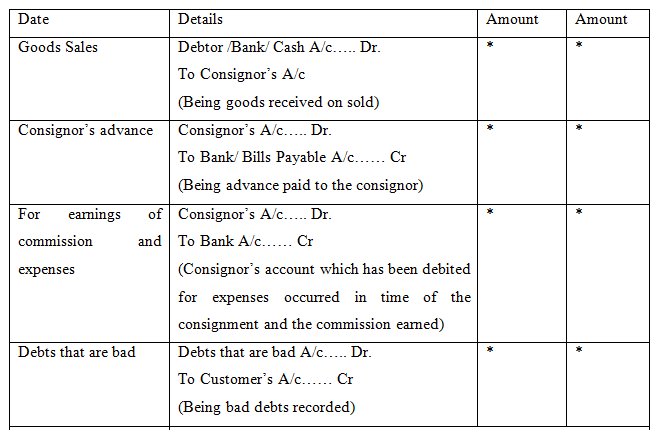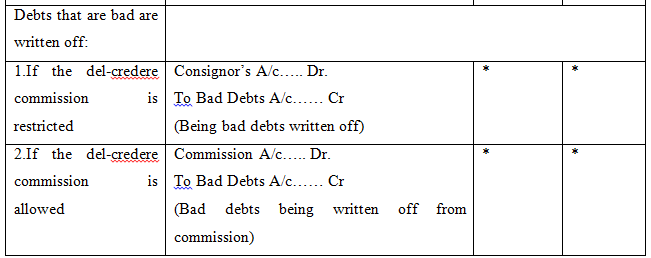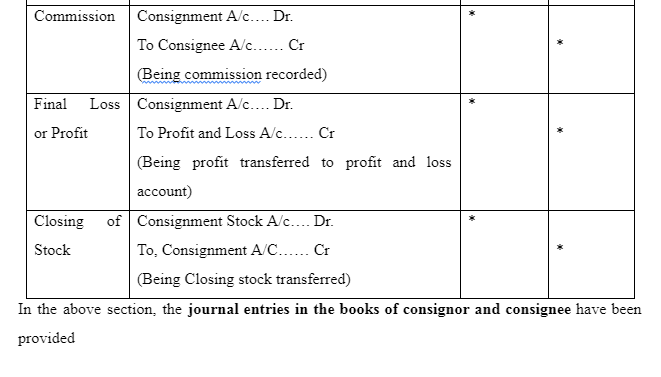Introduction
A consignee is a party that obtains goods from a particular owner. He then holds these goods for the owner and sells them at the appropriate time. In simple words, the process where an entity that owns the goods of consignment and remains in an agreement to sell those goods for the owner (consignor) is called a consignment.
Body
Meaning of Consignee
The meaning of consignee is evident from the above definition. The particular arrangement in which a consignor and consignee are involved is called a consignment. This is a well-known business practice in the retail industry. In this context the meaning of consignment is important.
Accounting Entries in the Book of the Consignee
No entries will be made in the consignee’s book for the goods in shipment or transit that have been sent by the consignor. This also involves different expenses that are handled by the consignor. However, the advance given to the consignee, expenses incurred and sales made concerning the consignment as well as commission earned should be properly recorded. A consignee is often allowed the commission of del credere to the instead of the usual ordinary commission. In the following section, the journal entries in the books of the consignor and consignee have been provided.
Journal Entries in the Books of the Consignee
In exchange for the selling of goods of consignment for the consignor, a consignor is bound to obtain a predefined sales commission. Concerning all the different costs involved in journal entries in the consignee’s books, maintenance of all accounts within the book is important. A proper journal entry in the books of the consignee has been presented below.


In the above section, the fundamentals of journal entries in the books of consignees have been provided. These are also the Consignment accounting entries in the books of the consignee.
Journal entries in the books of consignor
In regards to all the accounting consignments, it is vital to evaluate the losses as well as profits of the consignor. For this reason, a proper journal entry needs to be maintained by the consignor also. In the following section, the Journal entries in the books of the consigner have been properly mentioned.


Conclusion
The entire article has been written on the subject of accountancy. In this vast subject, the topic on which the article has mostly been written is the events of the consignee. Under this main topic, different subtopics including the meaning of Consignee, accounting entries in the books of the Consignee, journal entries in the books of the consignee, Journal entries in the books of consignor have been discussed
 Profile
Profile Settings
Settings Refer your friends
Refer your friends Sign out
Sign out






